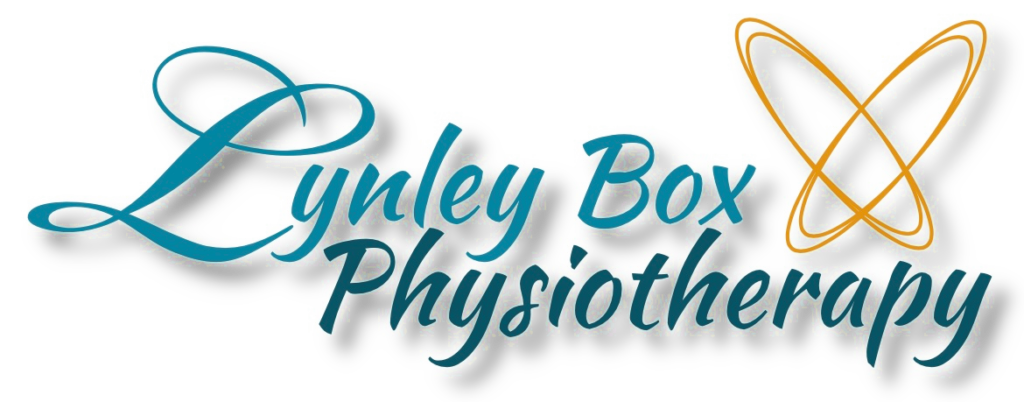Peri-Menopause and Menopause
Menopause is the natural cessation of egg release by the ovaries. Meaning no more ovulation or fertility. The transition from peri-menopause to menopause is considered 12 months since the date of the last menstrual cycle (period). On average, women reach menopause at 51 years old, with more than 90% by 55 years old.
In menopause, there is a decrease in the naturally produced hormones, estrogen, progesterone, and testosterone. Hormones drop in stages.
Peri-menopause:
• Drop in progesterone
• Symptoms: cramping, heavy bleeding, periods become irregular, bloating, mood swings, breast tenderness
Menopause:
• Drop in estrogen
• Symptoms: hot flashes, memory loss, heart palpitations, migraines, vaginal dryness
Without hormone replacement (local or systemic), there eventually will be vaginal atrophy or dryness. Vaginal atrophy is the thinning and drying of the skin of the vulva, reduced hair, smaller labia minora, smaller vaginal opening, thinning or bladder and urethra walls. Therefore, we need to rely more on pelvic floor muscle strength.
Common Side Effects:
• Discomfort with intercourse and decreased libido
• Vulva skin irritation (itchy, dry)
• Bladder incontinence and infections
• Pelvic organ prolapse
